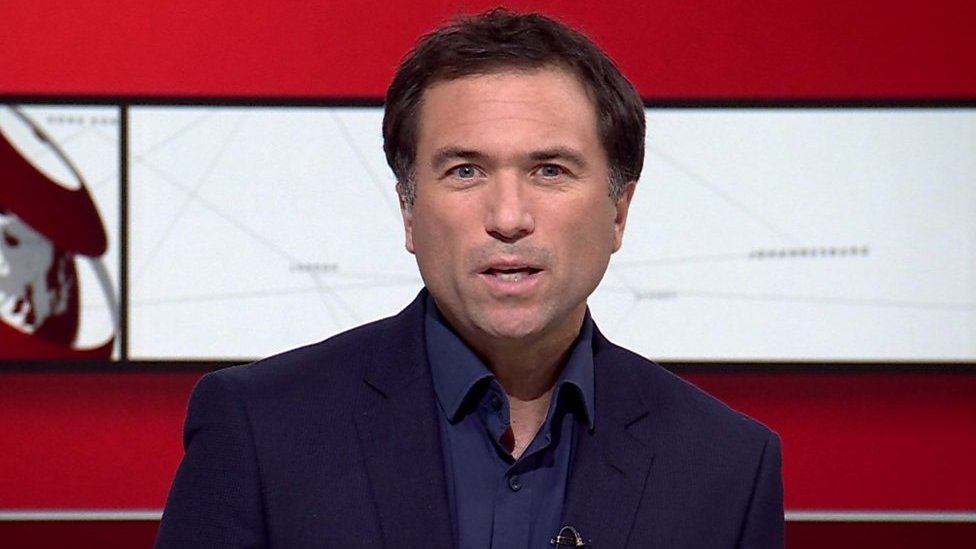
Political Views and Bank Account Closures: The Farage-Coutts Dispute and the Need for New Regulations
The recent spat between Nigel Farage, the former leader of the Brexit Party, and Alison Rose, the CEO of Natwest, which owns Coutts, has drawn attention to the issue of bank accounts being closed due to political views.
The controversy began when Farage claimed that his Coutts bank account had been closed because of his political views, which he said did not align with those of the bank.
In response, Rose apologized to Farage, acknowledging that comments made about him were "deeply inappropriate." The government has since announced new regulations to prevent banks from closing customer accounts based on political views.
The move is intended to protect freedom of expression and ensure that individuals are not penalized for their political beliefs.
The BBC's Analysis Editor, Ros Atkins, has examined the dispute in greater detail and found that it highlights the need for a balance between protecting free speech and ensuring that banks can operate effectively.
Atkins notes that banks have a responsibility to protect themselves from financial risk, and that political views alone should not be a reason to close an account.
However, Atkins also points out that there are concerns about the influence of big business on political discourse and the potential for banks to unfairly target certain individuals or groups based on their political views.
The new regulations aim to address these concerns by limiting the reasons why a bank can close a customer's account.
Overall, the Farage-Coutts dispute has shone a light on the delicate balance between free speech and financial stability, and the need for regulations that protect individuals while also allowing banks to operate effectively.
In response, Rose apologized to Farage, acknowledging that comments made about him were "deeply inappropriate." The government has since announced new regulations to prevent banks from closing customer accounts based on political views.
The move is intended to protect freedom of expression and ensure that individuals are not penalized for their political beliefs.
The BBC's Analysis Editor, Ros Atkins, has examined the dispute in greater detail and found that it highlights the need for a balance between protecting free speech and ensuring that banks can operate effectively.
Atkins notes that banks have a responsibility to protect themselves from financial risk, and that political views alone should not be a reason to close an account.
However, Atkins also points out that there are concerns about the influence of big business on political discourse and the potential for banks to unfairly target certain individuals or groups based on their political views.
The new regulations aim to address these concerns by limiting the reasons why a bank can close a customer's account.
Overall, the Farage-Coutts dispute has shone a light on the delicate balance between free speech and financial stability, and the need for regulations that protect individuals while also allowing banks to operate effectively.










